A Helpful Guide to the Vegan Diet for Beginners
With celebrities dabbling into veganism, a vegan diet has gained a lot of traction in the past decade. However, due to the lack of clarity about the concept, there are plenty of misconceptions. If you are thinking of adopting a plant-based or vegan diet, this guide will help you make a seamless transition. Let’s take a detailed look into this.
What Does a Vegan Diet Mean?
The main goal of veganism is to eliminate animal harm and suffering. Building on that a vegan diet consists of foods as well as beverages that are strictly plant-based.
People often confused a vegan diet with veganism. If you are having a vegan diet you have eliminated all animal products from what you eat. However, if you are a vegan, you make other lifestyle changes including eliminating every product that involves animal labor or exploitation from your life.
For instance, a vegan would never use cosmetics that have been tested on animals. Another example is that vegans don’t eat honey since it involves the labor of a bee.
Also READ: Nutrition Stories
What Is The Difference Between a Vegan Diet and a Vegetarian Diet?
Unlike the popular opinion, vegan is not just an abbreviation for vegetarian. While vegans have to eliminate every animal by-product, vegetarians can consume eggs and dairy.
Vegan Diet: How To Do It Right
You can be healthy on a vegan diet if you be mindful of the following pointers. Let’s take a look.
1. Ease Into Your New diet
If you’re used to eating a lot of animal foods, you won’t be able to transition to a vegan diet overnight. Even if you manage to do so, chances are you might crash and go back to being non-vegan pretty soon. Start out by incorporating more plant-based foods and gradually eliminating animal products from your diet.
Eventually, you will be able to change your eating patterns as long as you don’t put a lot of pressure on yourself. Instead of making a giant leap, take baby steps and make your vegan diet more sustainable.
2. Keep Your Diet Nutrient-Rich
The most common nutrition deficiency vegans face is that of vitamin b12 and Omega 3 fatty acids. You might need to consult a dietitian or doctor for a vitamin b12 supplement. As for Omega 3, you can start consuming vegan foods such as walnuts, chia seeds, and flax seeds. These were just two examples of possible deficiencies in a vegan diet.
To thrive as a plant-based eater, it’s important to consult your dietitian to come up with a nutrient-dense diet to make the most out of your new food habits. They will also educate you on plant-based nutrition. This is important considering that you will be bombarded with a lot of unsolicited advice when your non-vegan friends know about your new diet plans. So, instead of questioning your entire decision, get some perspective from an expert.
3. Stock Up On Essentials and Fulfilling Food Items
You might experience an increase in food cravings when you first transition from an omnivorous to a vegan diet. That’s why it’s a good idea to stock your pantry with filling fruits, vegetables, whole grains, and so on. Also, make a list of restaurants that offer vegan-friendly meals in case you are not up for cooking. The craze for a vegan diet is rising. Availability isn’t much of an issue now. Sonali Malik, our lead dietitian and nutritionist recommends that if you are keen on going vegan and try this out, you must go all in. Do it in supervision so as to ensure that it works on improving your health only, she cautions.
4. Avoid Too Many Processed or Packaged Food Items
Most newbie vegans turn to packaged or highly processed foods to cater to their initial cravings. While it’s easy to take open a bag of chips and munch on it while binge-watching Netflix, refrain from it to avoid eating disorders and sudden weight fluctuations. Include more vegetables, fruits whole grains legumes, seeds, and nuts.
There are plenty of options available that can make you feel fulfilled and are super nutritious at the same time. For instance, adding your favorite herbs and spices to grains such as quinoa or brown rice is much better than having a vegan burger. Remember, vegan doesn’t automatically mean healthy.
If you are a fan of Indian cuisine, you would be happy to know that a majority of dishes are vegan-friendly. However, a lot of them use ghee, so you might want to replace that with vegetable oil. A freshly prepared vegan meal using whole foods is much better than fake meat alternatives such as sausages and vegan burgers.
5. Get Regular Checkups
Even though most essential vitamins and minerals are easily available through vegan foods, you should go for regular checkups just to be sure. A doctor might recommend you regular blood tests to have an accurate idea of the nutrients you need. For instance, people on a balanced vegan diet can be deficient in iron since they are unable to absorb it well. In that case, you might need to supplement or alter your food intake on the advice of your dietitian or nutrition coach.
Conclusion
The skepticism and blank stares are just a glimpse into how much ignorance there is around the vegan diet. While people commonly associate vegans with veggie-munching hippies. Of course, it’s far from reality. All in all, if you don’t let yourself starve and give your body the necessary nutrients, a vegan diet could be a big boost to your health.
But if it is the first time, you must begin this with an alert supervision. Consult team Sonali Malik to find the appropriate mix of diet and routine if you are planning to go vegan.

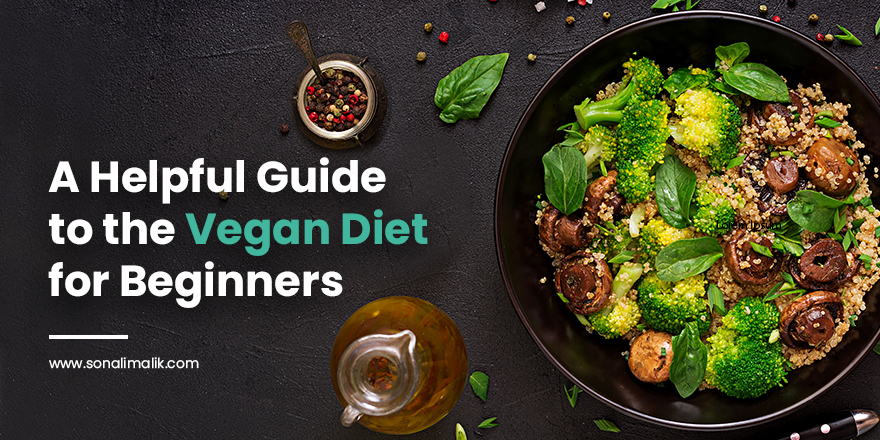
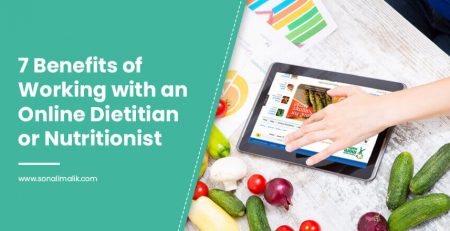
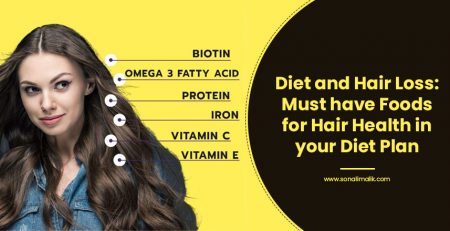
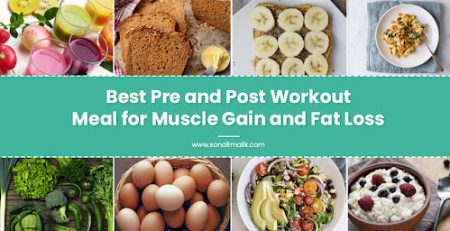
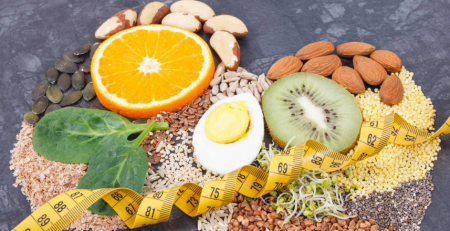
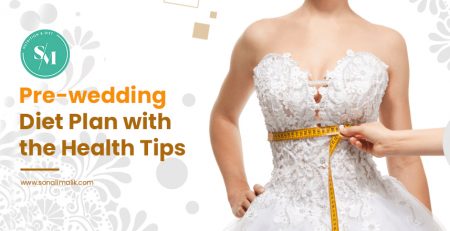
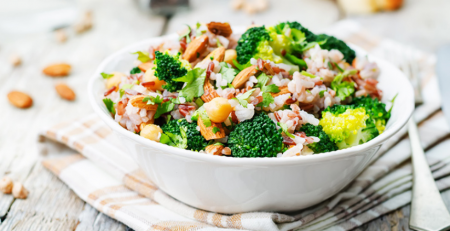
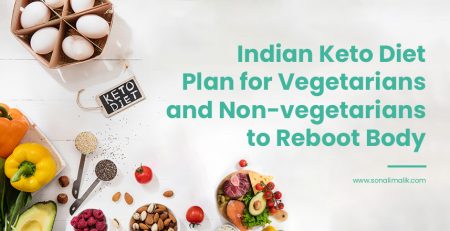
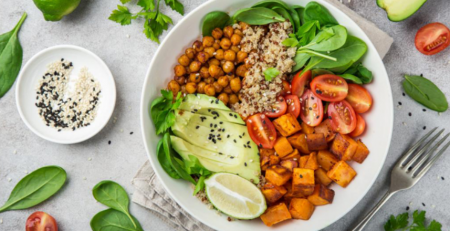
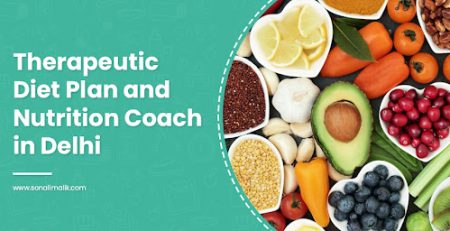
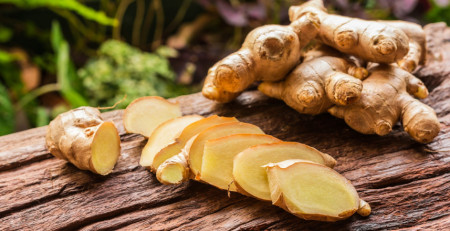
LEAVE A COMMENT